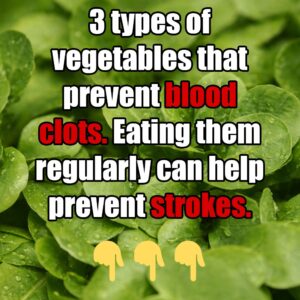For years, eggs have sparked debate in the nutrition world. Once criticized as cholesterol-heavy and linked to heart disease, they were avoided by many. But modern research tells a different story.
This article explores the true benefits—and a few possible downsides—of eating eggs, whether you like them scrambled, boiled, or raw.
Is It Harmful to Eat Eggs Every Day?
In short: not usually.
Past dietary advice warned against eating too many eggs due to their cholesterol content—about 186 mg per large egg, mostly in the yolk. However, newer studies show that for most people, dietary cholesterol doesn’t drastically impact blood cholesterol levels.
In fact, healthy individuals can typically enjoy one or even two eggs daily without increasing their risk of heart disease. The exception is for those with genetic conditions like familial hypercholesterolemia or people advised by doctors to follow a strict low-cholesterol diet.
Eggs: Small, But Nutrient-Dense
Eggs are packed with nutrients and relatively low in calories (about 70–80 per egg), offering:
Complete protein – Supports muscle maintenance and repair.
Healthy fats – Including omega-3s, especially in eggs from pasture-raised hens.
Essential vitamins and minerals – Such as vitamins A, D, E, B12, folate, and selenium.
Choline – Vital for brain development and cellular health.
Benefits of Eating Eggs

Muscle Support – Their protein content helps preserve lean muscle mass.
Brain Health – Choline promotes memory, mood balance, and cognitive function.
Eye Protection – Lutein and zeaxanthin in egg yolks support long-term eye health.
Increased Fullness – Eggs can reduce cravings and help with appetite control, especially when eaten at breakfast.
Raw vs. Cooked Eggs: What’s Better?
Raw eggs retain more of some nutrients but carry a slight risk of salmonella.
Cooked eggs are safer and still nutrient-rich, though heat can slightly reduce some vitamins.
Tip: If you consume raw eggs, go for pasteurized ones from reputable sources.
Who Should Be Cautious?
While eggs are generally safe and healthy, some individuals may need to limit intake:
People with heart disease or genetic cholesterol issues.
Those with egg allergies.
Anyone on a doctor-recommended low-cholesterol diet.
Final Takeaway
Eggs have come a long way from their bad reputation. For most healthy adults, enjoying 1–2 eggs daily can be part of a nutritious, balanced diet. They offer high-quality protein, key nutrients, and several health perks.
As with any food, moderation is important. For maximum benefit, pair eggs with fiber-rich vegetables, whole grains, and healthy fats.





